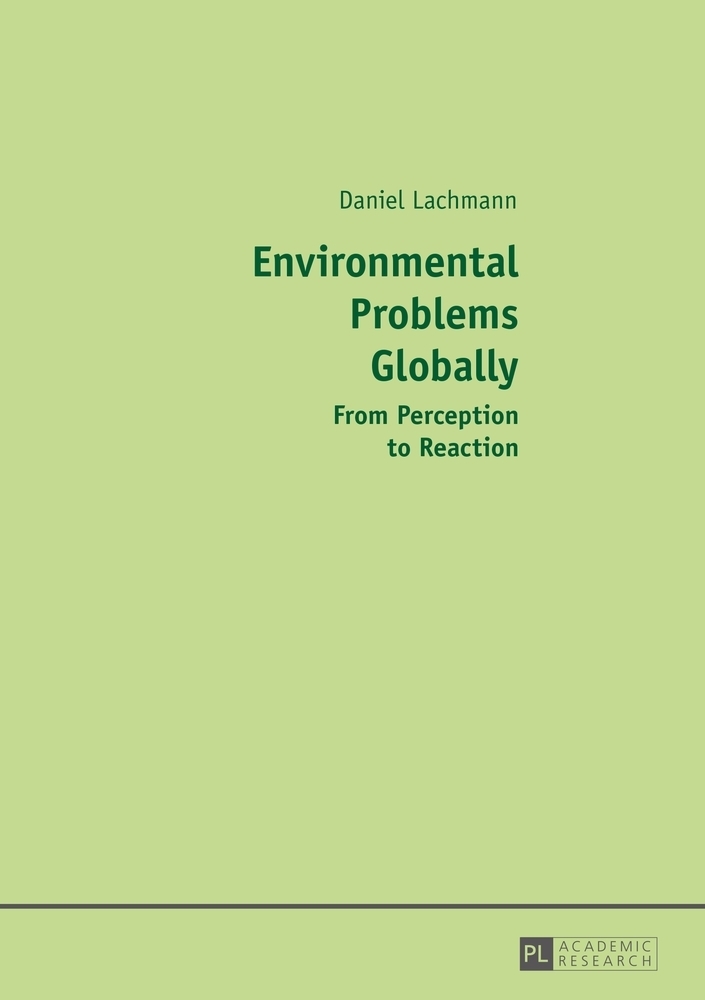
Zustellung: Di, 03.06. - Do, 05.06.
Versand in 4 Tagen
VersandkostenfreiBestellen & in Filiale abholen:
Environmental protection has become one of the central issues for society. As socio-economic, legal and political actors the individual's behavior matters. From a constructivist and rational choice perspective this cross-country study shows distinctive differences in the perception, evaluation, and reaction toward environmental issues.
Human behavior causes environmental problems which, in turn, affect people and whole societies. The author elaborates the role of the public in the discourse about environmental protection. As the public consists of socio-economic, legal and political actors, the behavior of those actors is of significance. With a thorough analysis of the International Social Survey Programme, this book illustrates the rocky road from the perception of environmental threats to the reaction toward them. Combining a constructivist and rational choice perspective, the author points out that there are distinctive differences between individual countries in the perception, evaluation as well as in the reaction toward environmental issues. Neither is there a uniform path from perception to reaction, nor exists a one-size-fits-all-solution.
Inhaltsverzeichnis
Contents: Why conduct studies on individual environmental behavior? - Environment and society: socio-economic, legal and political actors - Sociological Theories on Environmental Attitudes and Behavior - Data, data quality and measures - Global Environmental Profile - Country profiles.
Produktdetails
Erscheinungsdatum
22. März 2016
Sprache
englisch
Seitenanzahl
256
Autor/Autorin
Daniel Lachmann
Verlag/Hersteller
Produktart
kartoniert
Gewicht
340 g
Größe (L/B/H)
14/148/210 mm
ISBN
9783631673478
Entdecken Sie mehr
Bewertungen
0 Bewertungen
Es wurden noch keine Bewertungen abgegeben. Schreiben Sie die erste Bewertung zu "Environmental Problems Globally" und helfen Sie damit anderen bei der Kaufentscheidung.









